When should I start thinking about teeth?
The last thing parents are pondering when celebrating a new addition is their baby’s impending mouthful of pearly whites. But children should be establishing good oral hygiene habits from tooth number one, says Dr. Rhea Haugseth, president of the American Academy of Pediatric Dentistry. Read on for the rest of her insights into how to get the best dental care for your little one.
2/11
When does teething start?
"Most children will begin teething between six and 12 months. I have seen teeth erupt at three months and I have seen this occur as late as 18 months. Most children will have their full complement of 20 baby teeth by the age of 3."
3/11
How should I care for first teeth?
"Once a tooth has erupted, they should use a small, soft-bristled toothbrush to clean the tooth. If two teeth are touching, then flossing should begin. The AAPD recommends that a thin smear of fluoride-containing toothpaste be used on a child under the age of 2. After the age of 2, a pea-sized amount of fluoridated toothpaste should be used. Parents should keep the toothpaste out of their child’s reach. Young children should not be allowed to place the toothpaste on their own brush."
4/11
When is the first check up?
"The American Academy of Pediatric Dentistry recommends the child visit a pediatric dentist when the first tooth erupts and no later than 1 year of age. This establishes a 'dental home' for the child where the caregivers will receive advice and guidance on the oral health of their child, in addition to the availability of their pediatric dentist in case of any trauma.
"It is well known that prevention works in helping stop dental decay in children. The year-one dental visit can actually save money. A study in the journal Pediatrics showed that children who have their first dental visit before age 1 have 40 percent lower dental costs in their first five years than children who do not, due to the cost of dental and medical procedures that may be necessary as a result of poor oral health."
5/11
How about flossing?
"The AAPD recommends flossing before brushing twice a day, after breakfast and before bedtime or right after the child has finished eating for the night. But parents should floss their child’s teeth at least once a day. It may be easiest to do in the evening when the family has more time. I recommend that parents lay the child across their lap as they can see inside the mouth very easily and can get this task accomplished quickly, but very effectively."
6/11
What happens at the first dental visit?
"The first visit to the dentist will be educational for parents and is similar to a 'well baby check,' ensuring caregivers learn the tools they’ll need to help their child remain cavity-free. Parents can expect the pediatric dentist to demonstrate proper methods of toothbrushing and flossing, evaluate oral and facial development, discuss the ability to detect early tooth decay and dietary issues, determine fluoride needs and much more. The frequency of visits will be determined by assessing your child’s risk of developing decay."
7/11
What's the deal with flouride?
"The AAPD recommends fluoride supplements, in the form of drops, fortified vitamins or pills, after a very thorough assessment of the child’s fluoride exposures. Children in non-fluoridated areas (where the water is not fortified with fluoride, either naturally or by the community) can still be exposed to fluoride in many ways. A few of these include: foods and beverages consumed that were made/bottled in fluoridated communities, exposure at day cares or child care facilities, non-custodial parent’s water fluoridation status, etc. It is a complex issue that the pediatric dentist can help evaluate. Children who live in fluoridated communities usually do not need fluoride supplementation."
8/11
Should we ditch the binky?
"The AAPD recommends that the use of a pacifier stop by age 3. The dental changes that may be caused by the use of a pacifier is greatly influenced by the intensity of suction, the frequency and how long they suck. Thumb sucking and any kind of non-nutritive sucking can cause the same dental damage as a pacifier.
"Sometimes these dental changes may self-correct back to normal if the habit is stopped early enough. However, most cases will require some orthodontic intervention later.
9/11
Should I worry about sugar?
"Tooth decay is caused by three items being present in the mouth at the same time: teeth, sugar and bacteria. Teeth and bacteria are always present in the mouth, so we need to focus on the intake of sugar. Although the decay process is very complex, restricting the amount of sugar and the frequency of the intake of sugar can help reduce the risk of dental decay. Sugar is in all of our foods it seems, so to say 'don’t eat sugar,' isn’t very realistic. A better approach may be to limit the intake of sugar-containing foods and beverages to only be served at mealtimes or snack times.
10/11
Is It Time for Braces?
"Some children benefit from early orthodontic intervention, some as early as age 4 or 5. If the child’s jaws are not developing in sync with each other, then sometimes early orthopedic treatment can restore the growth back to normal. Some children may do better with a multi-phased orthodontic treatment program. This may begin as early as age 7 with another phase being completed around age 11 or 12. Ask your pediatric dentist if this early intervention is the correct treatment for your child."
Thank you readers for your interest in the article. Please like and comment so we have more motivation to write articles

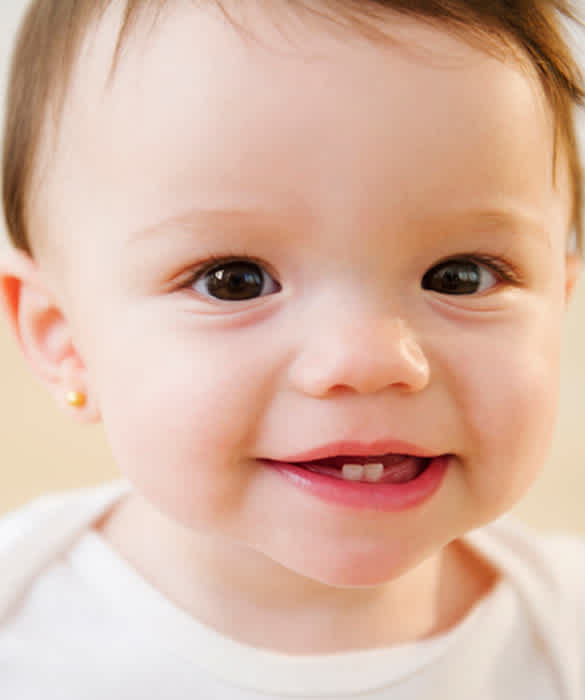
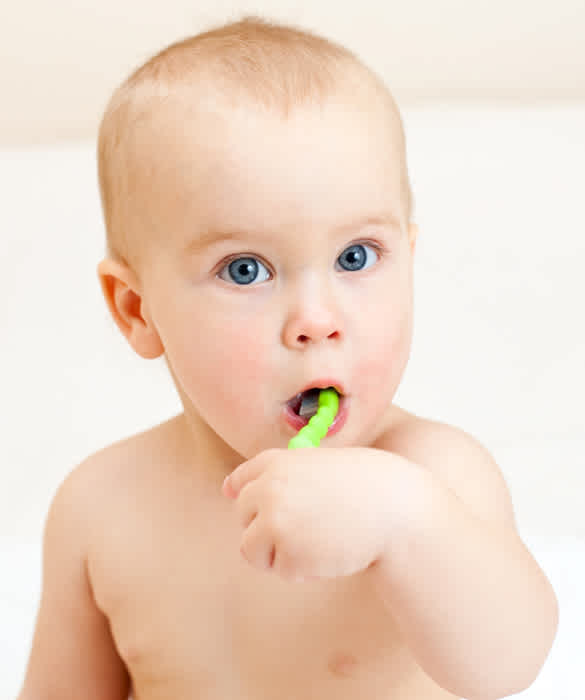
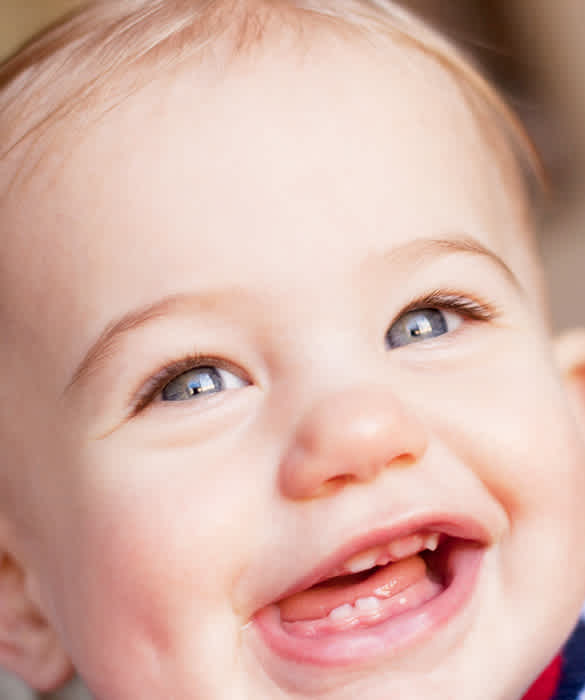

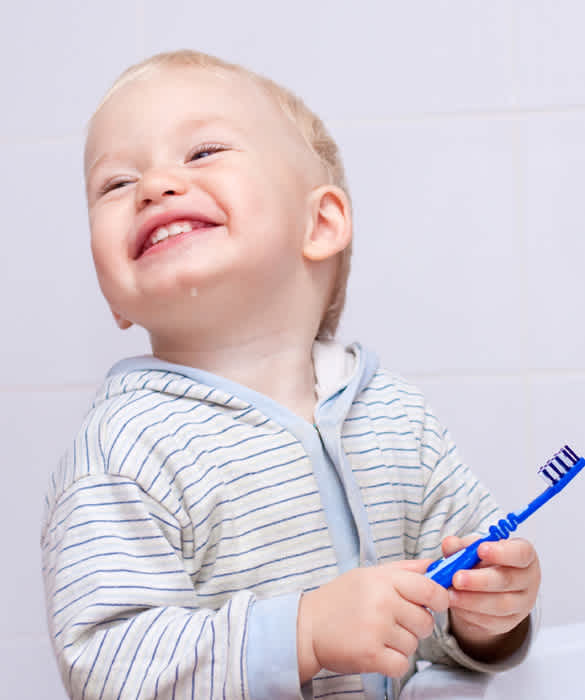
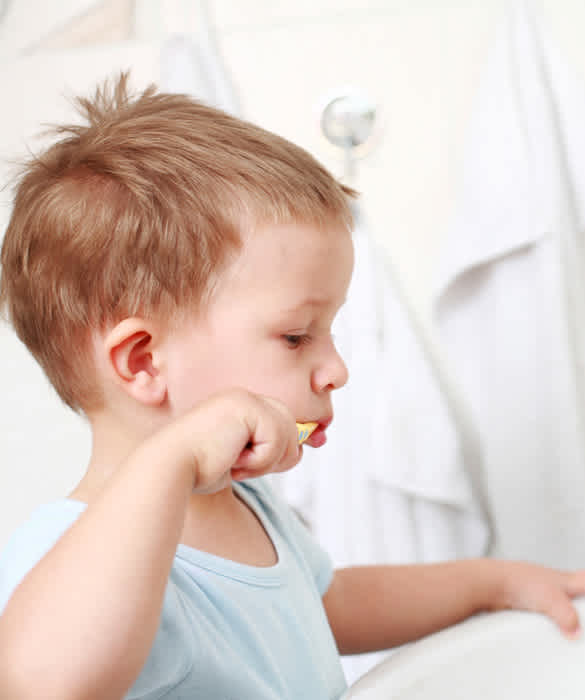
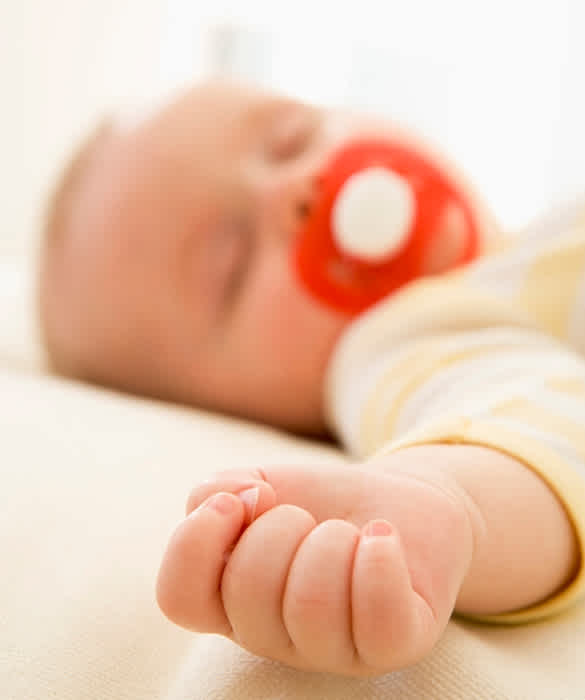


0 Comment:
Post a Comment